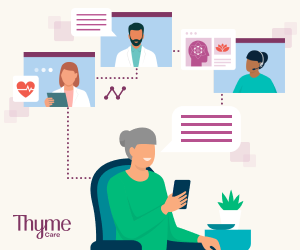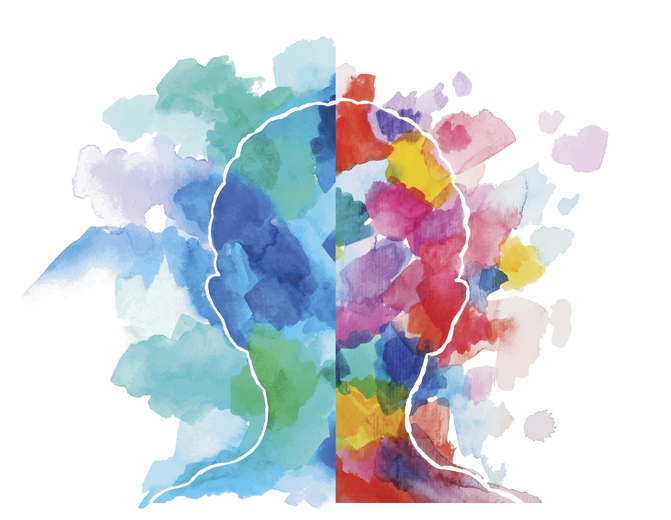
The Case for Stronger Clinician Mental Health Support
We owe it to those who dedicate their lives to caring for others to ensure that they, too, have access to help when they need it most.

We owe it to those who dedicate their lives to caring for others to ensure that they, too, have access to help when they need it most.

What clinicians really need today is comprehensive support to offload routine tasks. They need intelligent systems that can proactively highlight relevant patient history before appointments, flag care gaps, and automatically queue up appropriate screening reminders or preventive care protocols.

The last mile of care isn’t where the work ends — it’s where value begins. The most advanced analytics mean nothing if they can’t be activated by the people delivering care.

As AI tools continue to evolve, they promise to empower clinicians and administrators with actionable insights, improve patient outcomes, and create more resilient healthcare systems.

The widespread investment in AI furthers economists’ optimism about a “roaring 20’s” of worker productivity on the horizon. However, this will not take place in health care without accompanying systemic and organizational actions that rethink what we financially incentivize, how we integrate new technologies, how we shift tasks, and how we prepare the workforce.

By embedding AI into primary care workflows, clinicians can validate their decisions and make more accurate and timely diagnoses, ensuring that patients receive the care they need without unnecessary delays.

Even the most promising medical advancements struggle to take off in real-world settings without clinician buy-in. Here are some key factors that affect clinician adoption and ways healthtech companies can better position their innovations for success.

A new survey revealed that 64% of clinicians feel physically unsafe at work. The perceived risk of violence was especially high among women, clinicians under age 40, emergency department physicians and employees who work with patients struggling with addiction or other mental health conditions.

At Thyme Care, see what whole-person care means to us.

Shiri Sharvit, chief clinical officer of Eleos Health and a practicing mental health clinician, used to rely on Post-it Notes in sessions with patients. Now, she uses artificial intelligence. A new paper explains why other clinicians should be doing the same.

Clinicians used to wonder if there was a role for mindfulness meditation in healthcare. But after the Covid-19 pandemic laid bare the overwhelming need for practical solutions in behavioral health, the question has shifted to what role it can play.

The global survey conducted by Elsevier Health also explored attitudes toward technology adoption, current issues driving change and offer predictions of what being a clinician may look like in 10 years.

In a HIMSS 21 Digital session, panelists detailed the dichotomy of technology advancement for clinicians. Though technology has made it harder for them to disconnect from work leading to burnout, IT tools can also be used to identify pain points and implement solutions to alleviate stress.